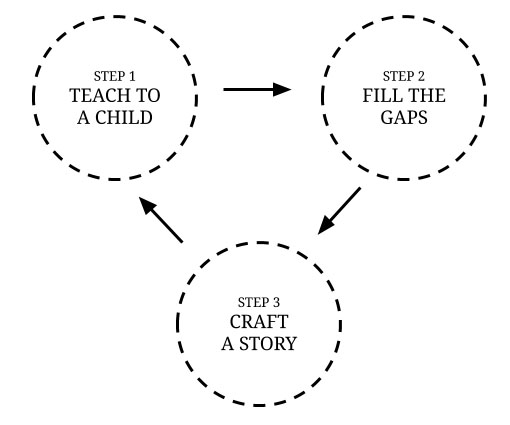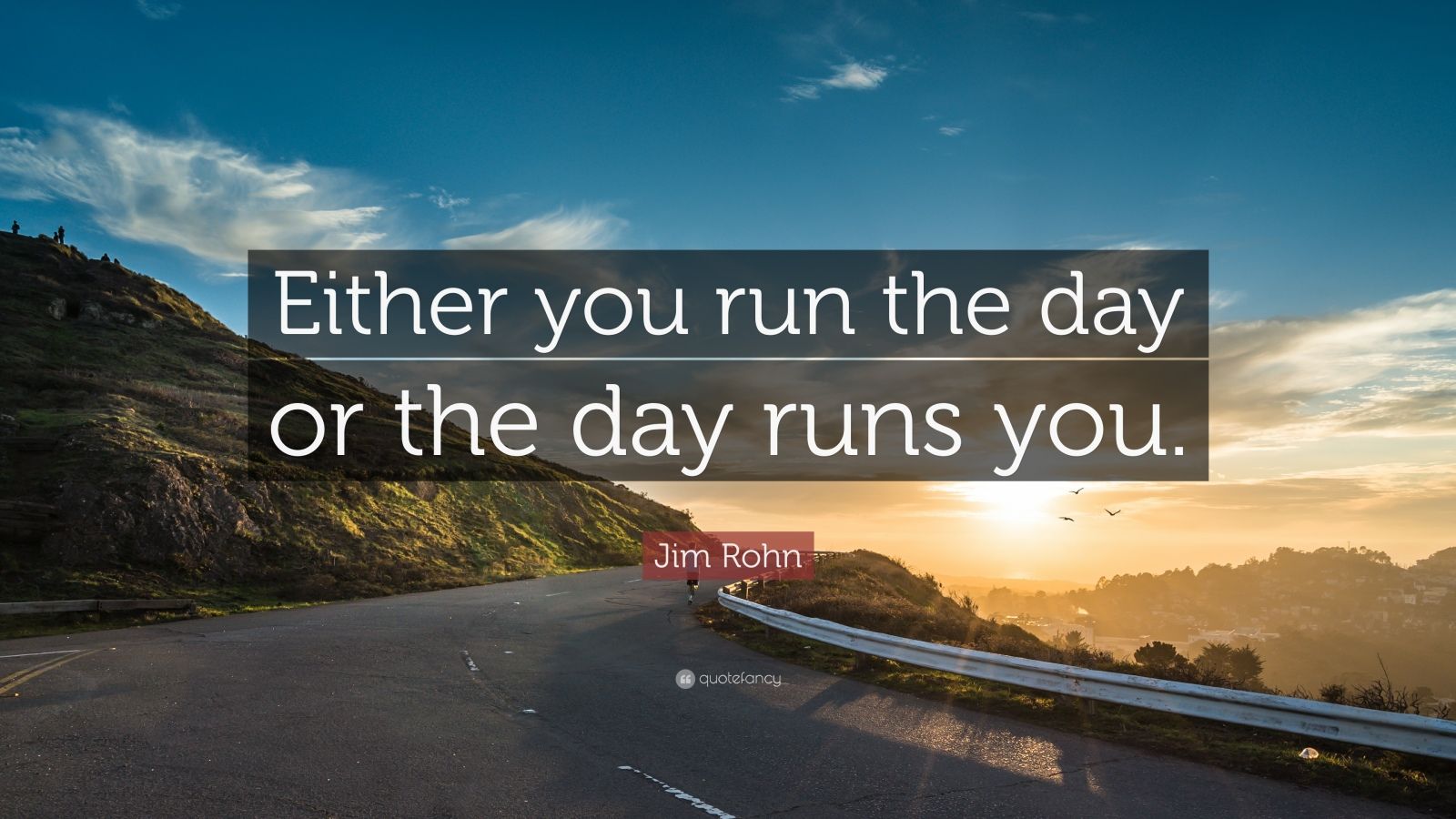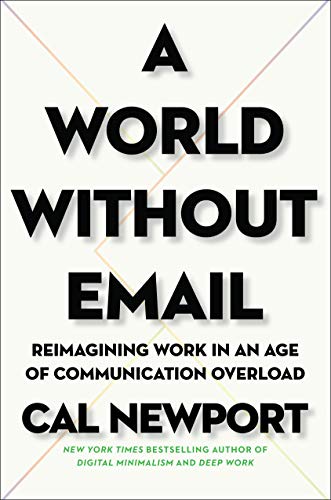How to Set Goals You’ll Actually Achieve - Michael Hyatt
- "Write specific goals. The more focused your goal, the more you will find yourself motivated to accomplish it. If a goal is too vague it can be hard to know where to even start.
- Goals should be measurable. As you write your goal, you need to ensure that it has built in markers for what it would mean to achieve it. You should be able to break the goal down into specific milestones along the way in order to track your progress.
- Make your goals actionable. Use action verbs to help ensure that your goals define what it is you are going to do. This type of goal will prompt you into action. This will help you throughout the year to stay motivated.
- Risky goals are better than playing it safe. I challenge you as you write your goals for this next year, to make them ones that will stretch and challenge you. If you set goals that you know you can achieve you aren’t forcing yourself to rise to the challenge.
- SMARTER goals must be time bound. The most successful goals are those with a sense of urgency. But how can you ensure that your goals will trigger that response in you throughout the year? You need to time-key your goals with either a deadline, frequency or a time trigger.
- Create exciting goals. An exciting goal is one that connects with your internal motivation and inspires. This is a critical step. If your goal isn’t compelling to you personally then it will be very difficult to stick with it when obstacles come up. And they will.
- Set relevant goals. I look at this as a necessary “gut-check”. Before you commit to your goals, you must review them and ensure that they are taking into account your life circumstances as well as your values. What you hope to achieve this year must be balanced with the reality of your circumstances."
YOUR BEST YEAR EVER by Michael Hyatt | Core Message - YouTube
1-Page PDF Summary: https://www.productivitygame.com/summ...
Your Best Year Ever: A 5-Step Plan for Achieving Your Most Important Goals: Hyatt, Michael, Hyatt, Michael: 9781545900659: Amazon.com: Books

5 Steps to Achieving Your Best Year Ever | Soundview Magazine
- Design Your Future. Great results don’t usually just happen. You need to find the clarity you need so you can create the life you want. There are 7 keys to transforming our resolutions, aspiration, and dreams into compelling written goals. Each must be Specific, Measurable, Actionable, Risky, Time-keyed, Exciting, and Relevant (SMARTER).
































